Age Restrictions and the Need for Fake IDs
Age Restrictions and the Need for Fake IDs
1. Background of Age Restrictions
Age restrictions are legal safeguards to maintain social order and protect the well-being of individuals. These laws govern a variety of activities, including drinking, smoking, gambling, and access to specific venues. By implementing age restrictions, societies aim to ensure that individuals only engage in these activities when they are deemed mature enough to handle them responsibly.
Drinking Age Restrictions: In many countries, the legal drinking age is set at 18 or 21 years old. This regulation is intended to ensure that individuals only start drinking when they have reached a level of maturity that allows them to control the effects of alcohol. By delaying the onset of drinking, these laws aim to minimize the impact on the physical and mental development of young people. For example, in some areas, individuals may seek alternative means, such as obtaining a "South Carolina Scannable ID" or a "Minnesota Scannable ID", to circumvent these restrictions, reflecting the deep-seated desire for independence.
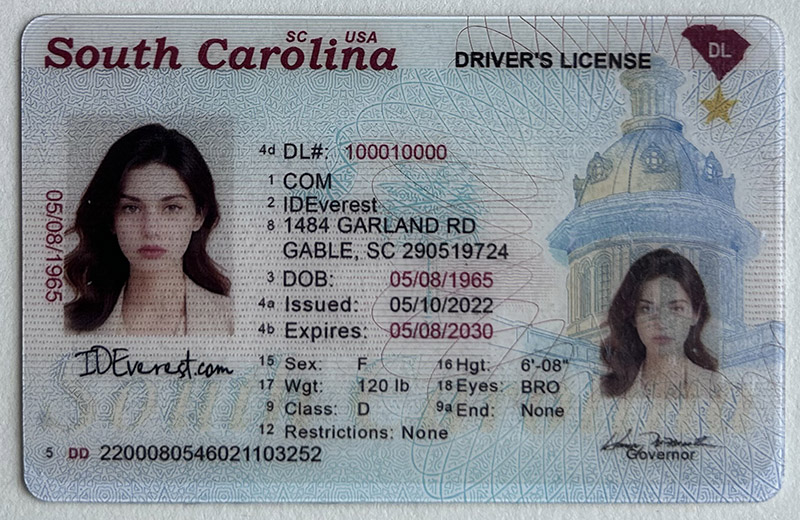
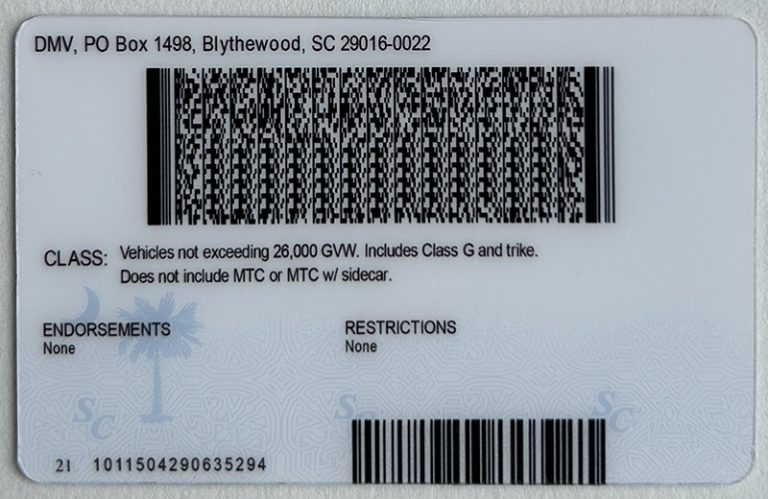
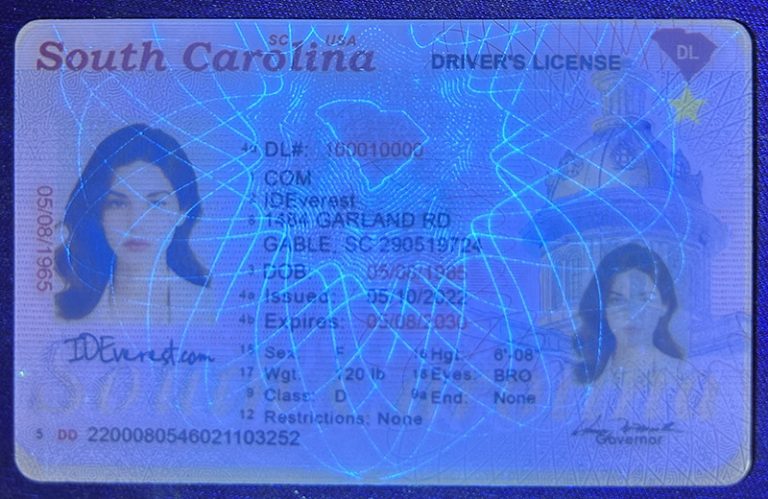
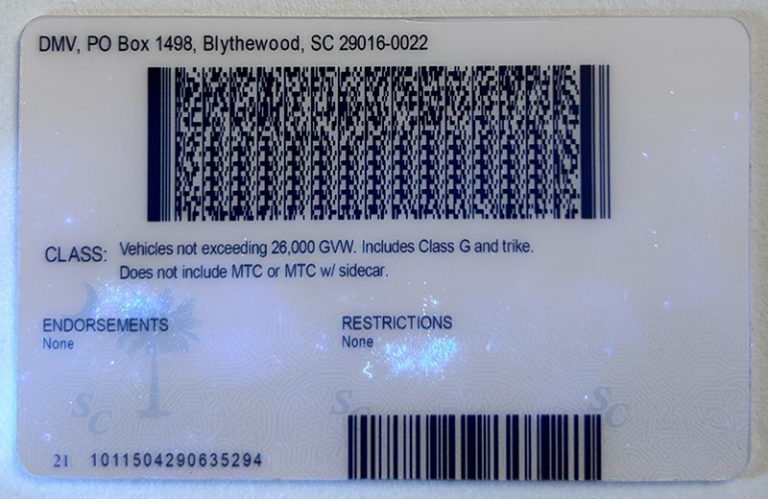
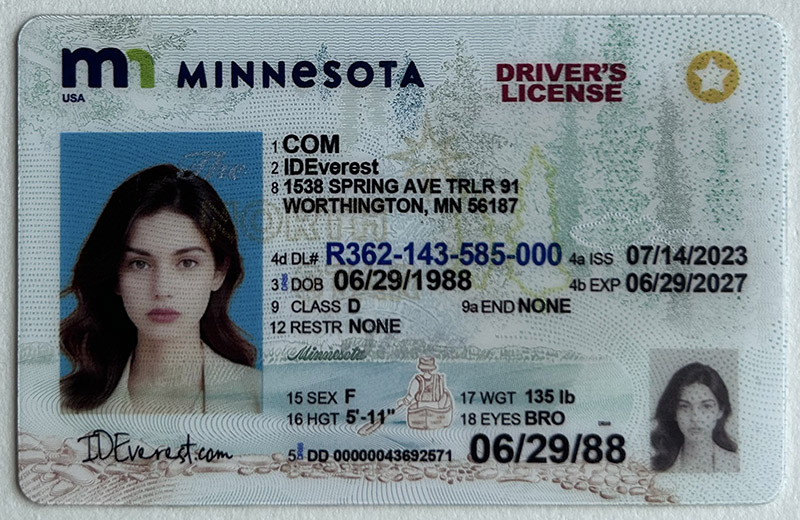
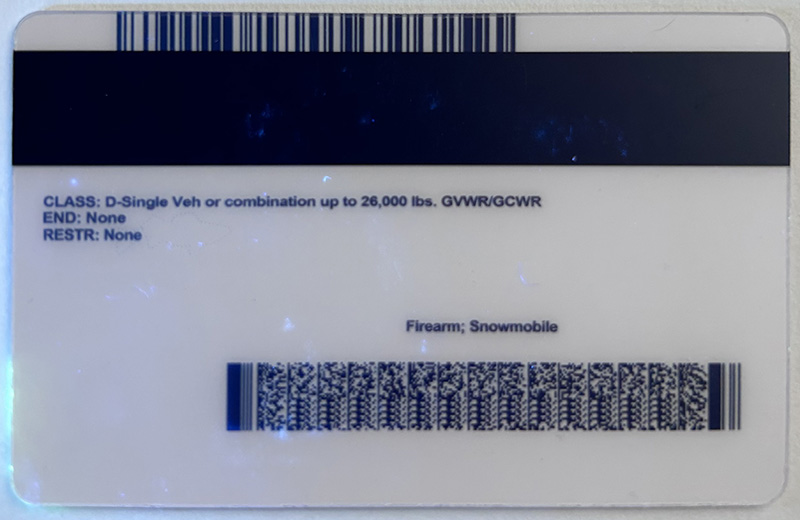
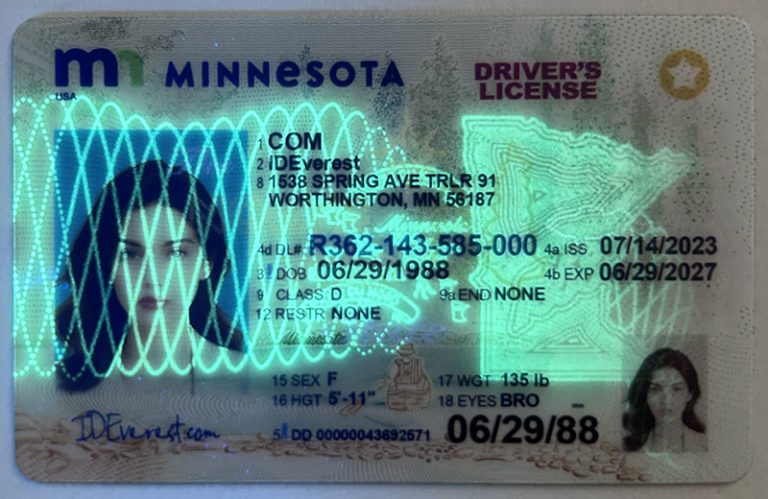
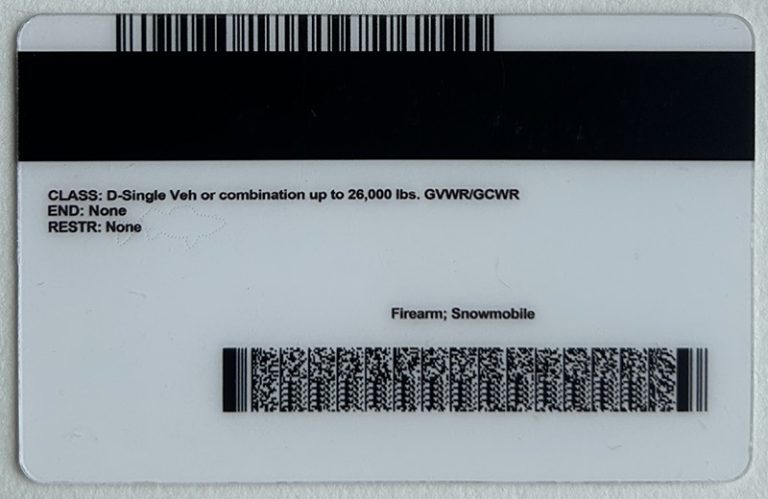
Smoking Age Restrictions: Smoking regulations generally restrict smoking to those 18 years of age and older. The primary purpose of this restriction is to prevent adolescents from starting to smoke, thereby protecting their health. By restricting smoking among adults, these laws promote healthier lifestyle choices and reduce the likelihood of early exposure to tobacco-related health risks. Young people may seek out ways to circumvent these laws, such as using a "Fake Michigan ID," to emphasize their desire to fit in with their adult peers.
Age Limits for Gambling: In many jurisdictions, the legal age for gambling is often set at 18 or 21 to ensure that participants have the mental maturity necessary to responsibly engage in gambling activities. These laws help protect individuals from the potential financial and emotional consequences that gambling can have. People eager to gamble may attempt to use a "Fake Alabama ID" to enter a casino or gaming venue before they reach the legal age, demonstrating a strong desire to be a part of the adult world.
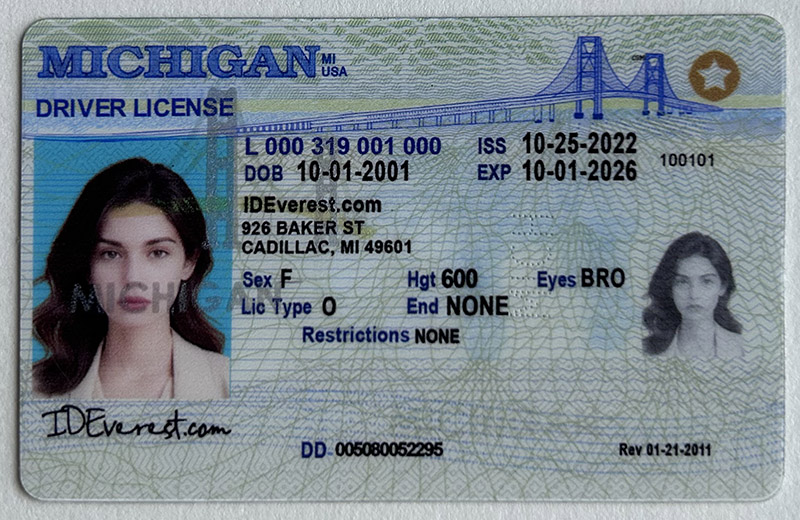
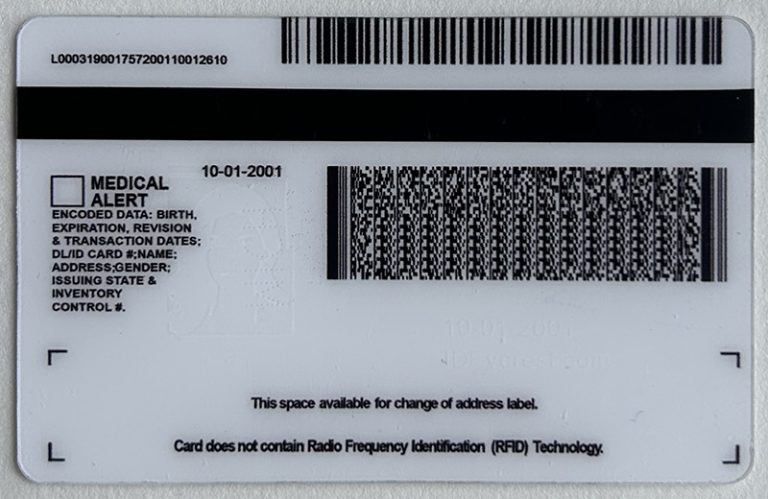
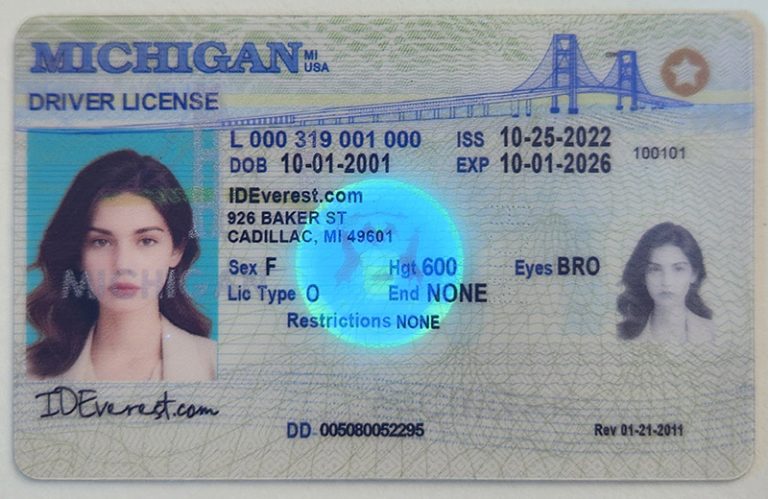
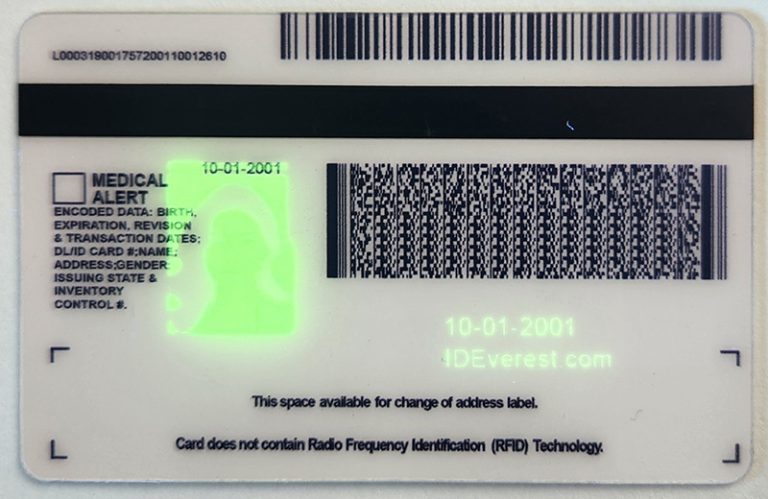
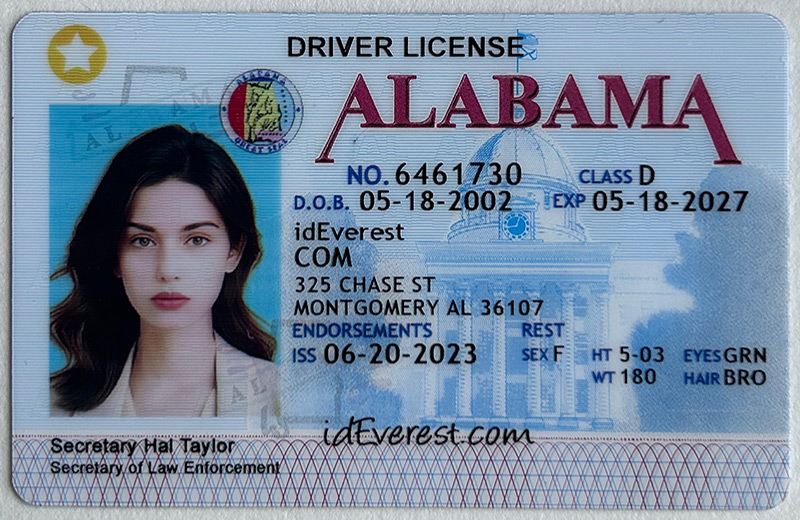
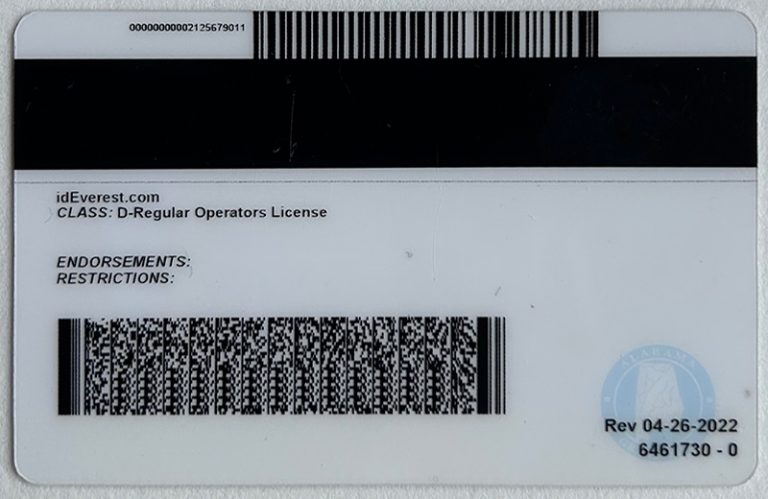
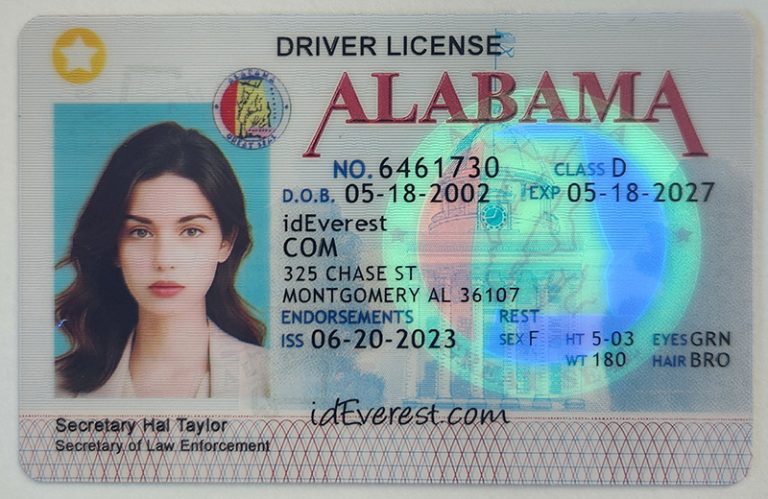
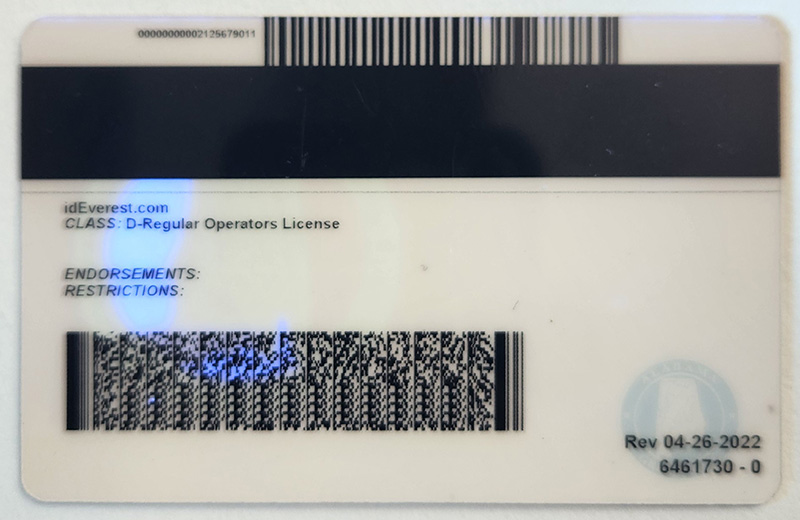
Adult Venues: Many venues, such as nightclubs and bars, implement age restrictions to ensure that the activities offered are appropriate for adults. This helps maintain a social environment that is appropriate for adult interaction while preventing minors from accessing content that is considered inappropriate. Willingness to use fake IDs from various states, including "South Carolina" or "Minnesota," often reflects an attempt to circumvent these age-related restrictions, demonstrating a desire for the excitement and approval that comes with adult socializing.

2. Motivations for using fake IDs
Despite the intentions behind age restrictions, many people tend to circumvent these restrictions for a variety of reasons:
Social and cultural needs: An important driver of people’s desire to use fake IDs is the need to socialize. Young people are often eager to participate in adult social activities, whether it be attending parties, concerts, or nightlife. Fake IDs are a passport into adult social circles, allowing them to experience the vibrant culture around them. By using fake IDs, they can explore these adult spaces and make connections that help shape their social identity.
Economic benefits: In addition to social integration, individuals may seek to take advantage of the economic advantages that come with access to adult spaces. Many businesses offer promotions and discounts to specific groups of people, such as students or seniors. Fake IDs can provide a means of obtaining these benefits, allowing individuals to save money on entertainment, meals, or services. This economic factor adds another layer to the motivation to obtain a fake ID, as it can promote a more enjoyable lifestyle without the financial pressures that come with it.
Curiosity and adventurous spirit: The lure of taboo activities often drives young people to explore boundaries. The thrill of participating in experiences that are usually restricted is intoxicating. Fake IDs are a means of satisfying this curiosity, allowing individuals to explore adult behaviors and environments that intrigue them. This sense of adventure fosters a sense of exploration and self-discovery as young people navigate the complex transition to adulthood.
Temporary Needs: In some cases, individuals may find themselves in situations where age restrictions hinder their plans. Whether it is traveling or attending a specific event, fake IDs can provide a temporary solution that allows them to bypass age-related barriers. This practicality can make it easier for individuals to achieve their goals, making the experience smoother and more enjoyable.
3. The Role of Fake IDs
The use of fake IDs can meet a variety of short-term needs and serve multiple functions:
Social Interaction and Integration:
Expanding Social Circles: Fake IDs allow young people to participate in adult activities, helping them to make connections and improve social skills. This interaction fosters a sense of belonging and can lead to lasting friendships.
Cultural Experiences: They can also participate in cultural events that are usually age-restricted, such as concerts or art exhibitions. This exposure enriches their understanding of different cultures and lifestyles.
Economic Benefits and Consumer Behavior:
Economic Savings: Fake IDs can unlock discounts and promotions that individuals would not otherwise qualify for, allowing them to save money and enjoy greater flexibility in their purchases.
Market Adjustment: The prevalence of fake IDs may prompt businesses to rethink their pricing and promotional strategies, ensuring that they remain fair while meeting the needs of diverse customers.
Personal Growth and Exploration:
Self-understanding: The experience of using fake IDs allows young people to try out new social roles, enhancing their self-awareness and personal growth. This exploration helps them discover their interests and aspirations, thereby promoting their overall development.
Responsible Development: Participation in adult activities may also foster a sense of responsibility, encouraging individuals to understand the consequences of their choices.
Cultural and Social Adaptation:
Social Integration: Fake IDs can promote better integration into social and cultural environments, allowing individuals to participate in activities that they might otherwise be excluded from due to their age.
Cultural Adaptability: In a diverse society, the use of fake IDs can reflect an individual's ability to adapt to different cultural norms and social activities, thereby enhancing their cross-cultural communication skills.
 Age Restrictions and the Need
Age Restrictions and the Need
 Fake US Green Card
Fake US Green Card
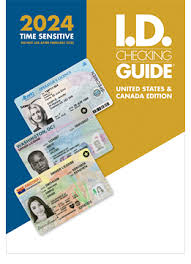 Replace Social Security Card
Replace Social Security Card
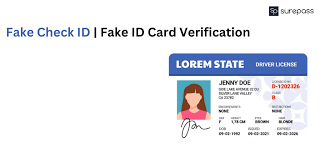 Social Security Card Replaceme
Social Security Card Replaceme